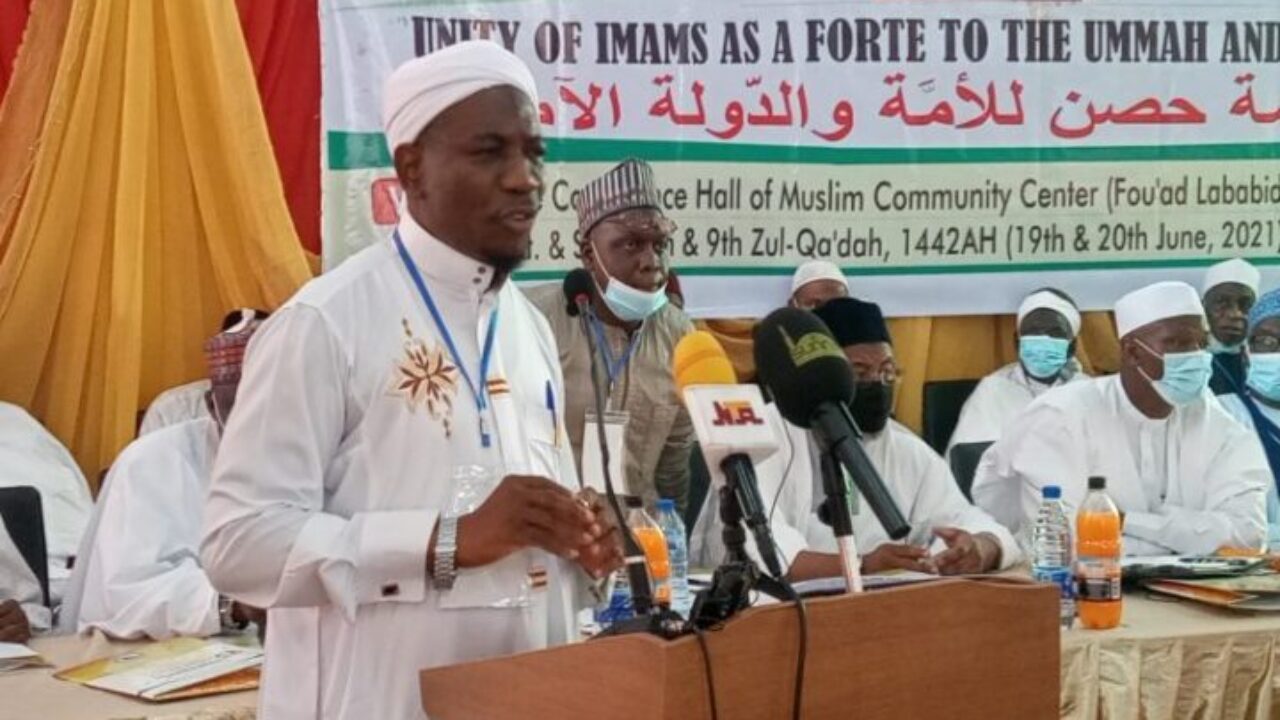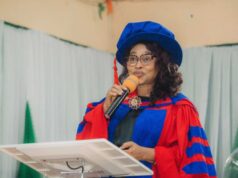The Committee of the Federal Capital Territory (FCT) Imams Initiative (CFII), has cautioned Imams against preachings that are inimical to peaceful coexistence in the country.
This is contained in a communiqué issued at the end of a two-day conference of the CFII in Abuja and made available to newsmen on Friday, News Agency of Nigeria (NAN) reports.
The Chairman of the initiative, Dr Tajuddeen Adigun, signed the communiqué.
NAN reports that the conference was attended by representatives of Imams from the 19 Northern states.
The communiqué warned that the mosque podium should not be used to create confusion, division, glorifying evil, promoting partisanship, praise-singing of leaders and raining abuses.
READ ALSO: 2021 UTME: JAMB Releases Results.
It also warned that the mosques should not be used to trade blames or disseminate fake and unverified news and incite people against peaceful coexistence.
It said that for any Imam to be successful in discharging his enormous duties, he must possess good qualities such as fear of Allah, patience, braveness, self-discipline, dedication, justice and fairness to all.
According to the communiqué, the unity of the society relies heavily on unity among the Imams.
It directed the FCT Imams to dedicate part of their juma’at sermon to call on their congregations to engage in sincere prayer for the nation to overcome her challenges.
“Accordingly, the participants emphasised the need to have an Imams committee in all the states of the federation.
“This is with a view to providing avenues for learning, consultation and sharing of ideas among the Imams on issues relating to their duties and wellbeing as well as issues of state and national interests.
“The fora should relate cordially with the authorities and relevant stakeholders in various states to facilitate collaboration on issues affecting the society and the nation at large.’’
The communiqué urged the government to positively engage Imams to appreciate its policies better and update them on solving national problems.
It stressed that the relationship between the Imams as occupiers of the pulpit and government toward solving national maladies should be a pragmatic and symbiotic one.










